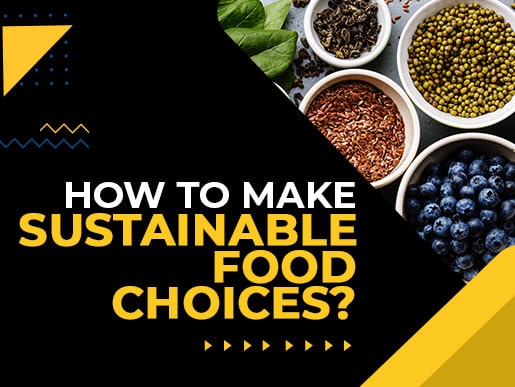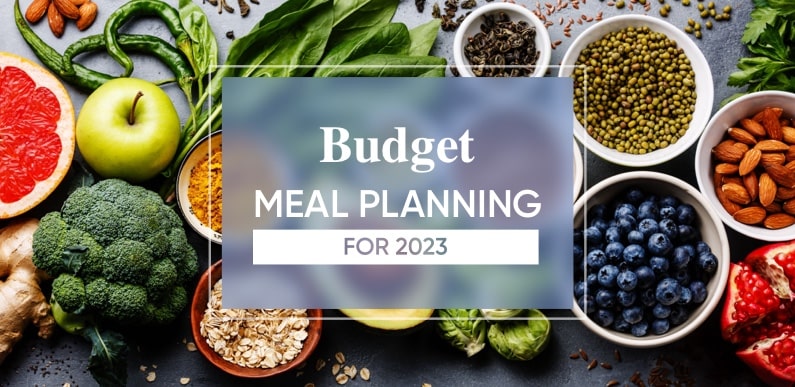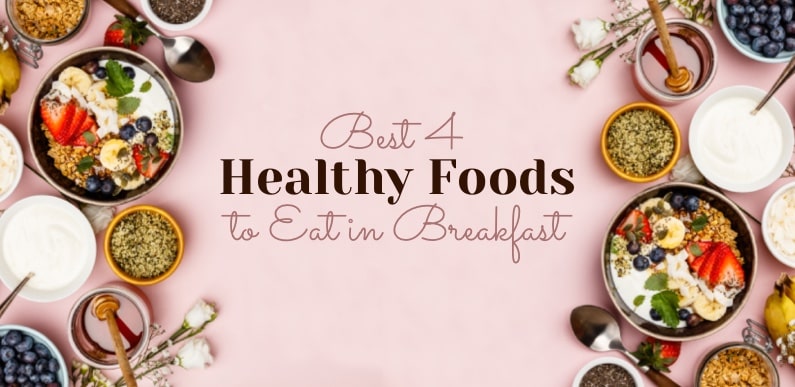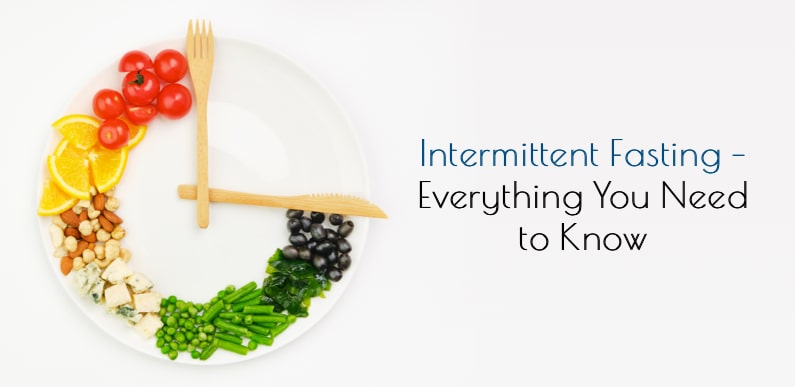We all want to be as environmentally conscious as we can. No matter who we are, we all share one thing: our planet. And we only get one.
That said, it seems like everything we consume has some kind of negative impact on the environment. So how do we go about making sustainable choices? We have to know what our options are!
Not many things are truly perfect, but there are more and less sustainable options.
Beans – more sustainable grain
Beans are one of the most widely grown and consumed plants on the planet. There are a ton of different varieties. They’re also largely sustainably produced.
In general, beans use less water than other protein sources like beef and poultry. They also need less fertilizers than other plant products. This makes them an awesome plant-based food source.
Beans have a ton of health benefits. They’re loaded with fiber, protein, iron, and antioxidants. They also taste great and fit into a variety of different dishes!
Rice – less sustainable grain
Rice is one of the most widely grown, harvested, and eaten crops in the world. Every day more than half of the world’s population depends on it as a food source.
The problem with rice is the enormous amount of water that it takes to grow and harvest it. Some research suggests that rice production uses a third of the planet’s freshwater every year.
Beef – less sustainable meat
It’s no surprise that beef shows up as a less sustainable option. Production of beef and dairy products has a largely negative impact on the environment.
Cattle require almost 30 times more land than pigs and chickens and over 10 times more water. They also release a ton of greenhouse gasses. If you are willing and able, reducing your consumption of beef will reduce your environmental footprint.
Bison – more sustainable meat
Bison is a fantastic alternative to beef as a red meat source. They require a lot less attention than cows in terms of raising, sheltering, and medicating.
Even when ranched, bison are essentially wild animals. They have less of an environmental impact than cattle because they naturally belong in that environment. They eat what is available and they don’t require shelter or medication often.
Bison is also loaded with protein and contains less fat than beef. It is much leaner and therefore contains less calories than a comparable amount of beef. Next time you want a burger, try some bison!
Almond milk – less sustainable plant milk
Even as an alternative to less sustainable dairy milk, almond milk has some disadvantages. It may taste good, but maybe you should consider an alternative.
Growing a single almond requires about a gallon of water. Also, over 80% of the world’s almonds come from right here in California – and we don’t exactly have a surplus of water.
Oat milk – more sustainable plant milk
Oat milk, like almond milk, is one of the most popular dairy-alternatives. It’s creamy, delicious, and much more environmentally friendly than almost any other option.
Oat milk releases 80% less greenhouse gasses than cow’s milk and uses 10 times less water. Almond milk is comparable in gas emissions, but uses way more water than its grainy counterpart.
For more Nutrition-related blogs, click here






